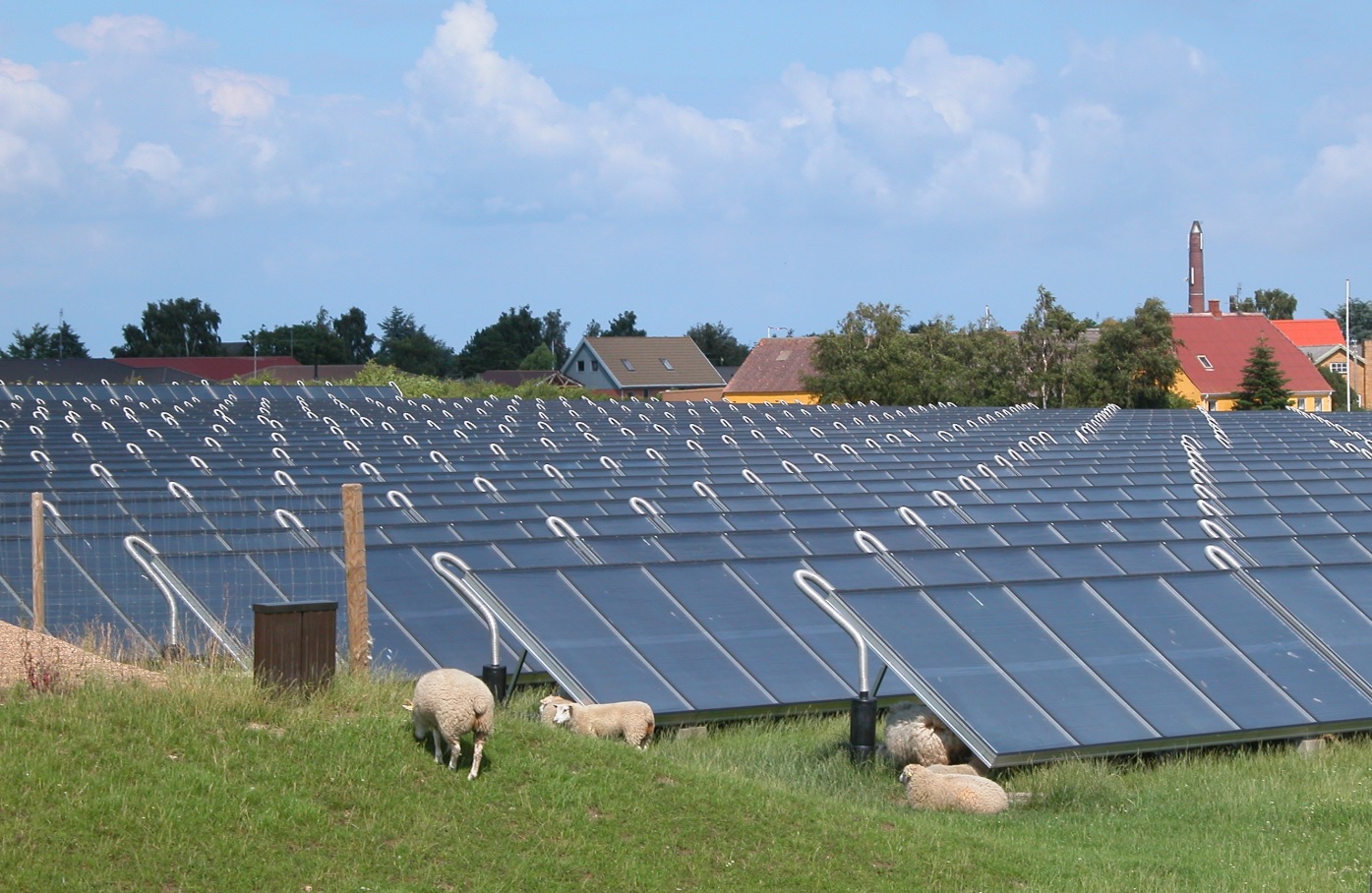New ‘Desert to Power’ Initiative intends to make Africa a renewable powerhouse

During the launch of the International Solar Alliance in October 2018, the United Nations Secretary-General Antonio Guterres highly extolled the target of mobilizing around USD 1 trillion dollars towards the deployment of some 1,000 gigawatts of solar energy by 2030.
That revolution is also taking place under the leadership of the African Development Bank which has embarked on a highly ambitious solar project to make Africa a renewable power-house, titled “Desert to Power (DtP) Initiative”.
The project is expected to stretch across the Sahel region by tapping into the region’s abundant solar resource. “It is clear,” he said, “that we are witnessing a global renewable energy revolution.”
The Desert to Power Initiative intends to develop and provide 10 gigawatt of solar energy by 2025 and supply 250 million people with green electricity including in some of the world’s poorest countries. At least 90 million people will be connected to electricity for the first time, lifting them out of energy poverty.
Currently, 64 percent of the Sahel’s population – covering Senegal, Nigeria, Mauritania, Mali, Burkina Faso, Niger, Chad, Sudan, Ethiopia, Djibouti and Eritrea – lives without electricity, a major barrier to development, with consequences for education, health and business. The African Development Bank (AfDB) has rightly pointed out that lack of energy remains a significant impediment to Africa’s economic and social development, noted IPS News Agency.
The President of the AfDB, Akinwumi Adesina speaking in Burkina Faso’s capital Ouagadougou, where he attended the G5 Sahel Summit, emphasized the importance of political will in the success of the Desert to Power Initiative, whose goal is to guarantee universal access to electricity for over 60 million people through solar energy. Of Burkina Faso’s 19 million population, 90 percent live in rural areas, where electricity access – mostly through diesel generators – stands at just 3 percent. Agriculture, the mainstay of Burkina Faso’s rural economy, is also the most vulnerable to the impacts of climate change.
The project is financed through the Bank’s African Development Fund, in addition to co-financing mobilised by the Bank from the Green Climate Fund (GCF), and the European Union. The project will also leverage private sector investments through equity and debt raised from commercial banks. It will harness solar energy to deliver access to more than 900,000 people in rural areas – nearly 5 percent of the country’s population, and is expected to result in an average annual carbon dioxide emissions reduction of 15,500 tons.
“We need to rapidly shift away from our dependence on fossil fuels,” he said. “We need to replace them with clean energy from water, wind and sun. We must halt deforestation, restore degraded forests and change the way we farm,” Adesina said.










